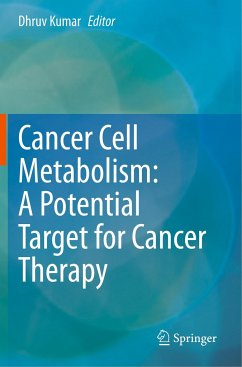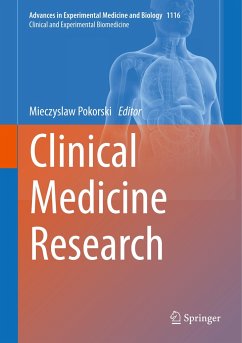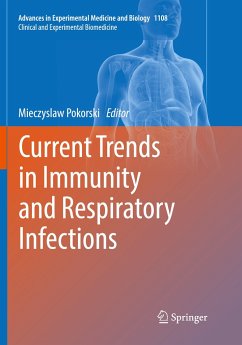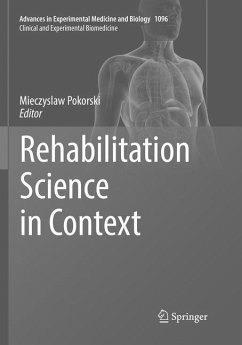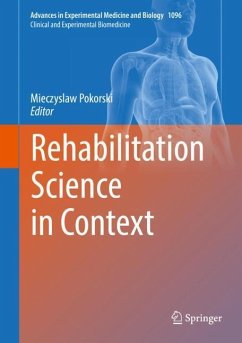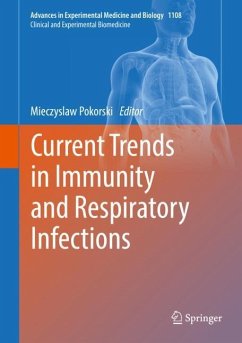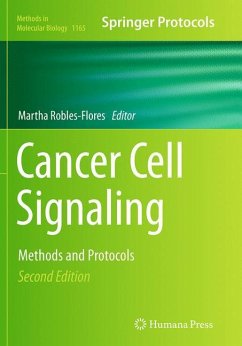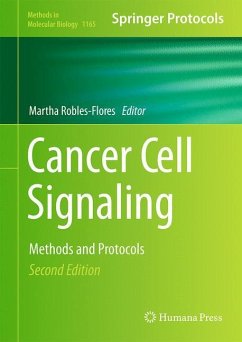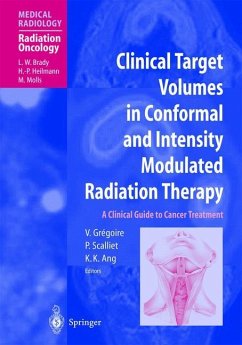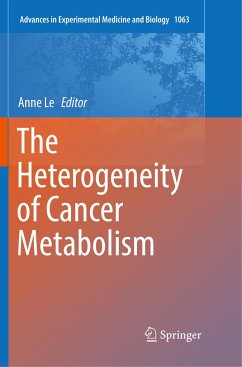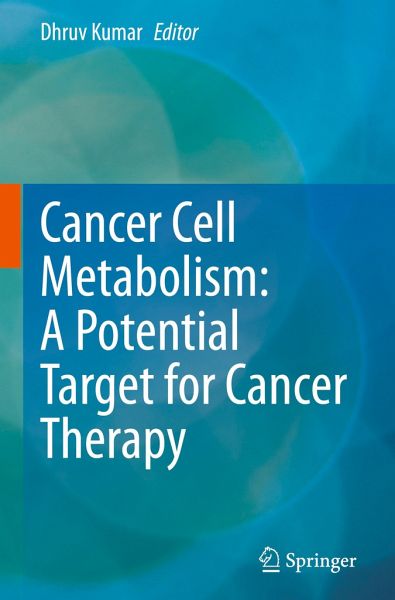
Cancer Cell Metabolism: A Potential Target for Cancer Therapy

PAYBACK Punkte
61 °P sammeln!
This book illustrates various aspects of cancer cell metabolism, including metabolic regulation in solid tumours vs. non-solid tumours, the molecular pathways involved in its metabolism, and the role of the tumour microenvironment in the regulation of cancer cell metabolism. It summarizes the complexity of cancer cell metabolism in terms of the switch from anaerobic to aerobic glycolysis and how mitochondrial damage promotes aerobic glycolysis in cancer cells. The respective chapters provide the latest information on the metabolic remodelling of cancer cells and elucidate the important role of...
This book illustrates various aspects of cancer cell metabolism, including metabolic regulation in solid tumours vs. non-solid tumours, the molecular pathways involved in its metabolism, and the role of the tumour microenvironment in the regulation of cancer cell metabolism. It summarizes the complexity of cancer cell metabolism in terms of the switch from anaerobic to aerobic glycolysis and how mitochondrial damage promotes aerobic glycolysis in cancer cells. The respective chapters provide the latest information on the metabolic remodelling of cancer cells and elucidate the important role of the signalling pathways in reprogramming of cancer cell metabolism. In addition, the book highlights the role of autophagy in cancer cell metabolism, and how metabolic crosstalk between cancer cells and cancer-associated fibroblasts promotes cancer cell progression. In closing, it summarizes recent advancements in drug development through targeting cancer metabolism.



